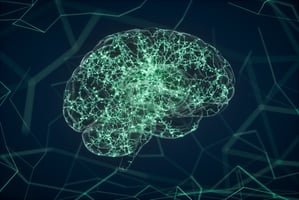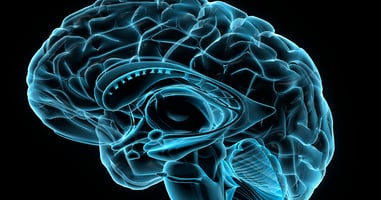Repetitive Transcranial Magnetic Stimulation Appears No Better Than Sham in Veterans With Depression
 |
Jerome A. Yesavage, M.D., of the Department of Veterans Affairs (VA) and colleagues recruited 164 veterans with TRD (defined as failure to respond to two prior antidepressants) from nine VA medical centers. The study participants had a mean age of 55 years, 81% were men, and 77% were white. These participants were randomized to receive either left prefrontal rTMS treatment (10 Hz, 120% motor threshold, 4,000 pulses/session) or sham treatment for up to 30 treatment sessions. For both groups, treatment was delivered in five-session blocks over a period of five to 12 days. Participants who experienced remission received another six additional taper sessions over a three-week period.
At the end of the acute treatment phase, 41% of the participants in the active treatment group who finished rTMS treatment experienced remission of depressive symptoms compared with 37% in the sham group, which researchers found not to be a statistically significant difference. At the end of the six-month follow-up phase, 20% of the active treatment group sustained remission compared with 16% of the sham treatment group.
“These high remission rates suggest that veterans’ expectations of improvement and extensive attention provided by their TMS treatment team may have played a large role in the significant clinical improvements they experienced,” Yesavage and colleagues wrote.
They continued, “Achieving remission rates of 40% and over in treatment-resistant veterans is a clinically meaningful result warranting evaluation of such comprehensive approaches to treatment of patients with difficult-to-treat MDD [major depressive disorder] within the VA. Future work with rTMS may show an enhanced effect when newer coil models, better stimulus targeting, biological markers of response, higher frequency rates of stimulation, and longer duration of treatment are implemented.”
For related information, see the Journal of Neuropsychiatry and Clinical Neurosciences article “Noninvasive Brain Stimulation: Challenges and Opportunities for a New Clinical Specialty.”
(Image: iStock/asiseeit)






